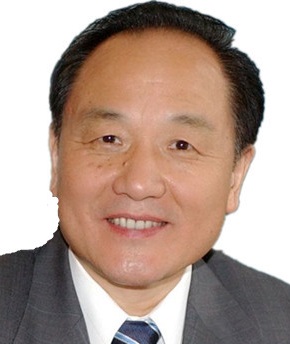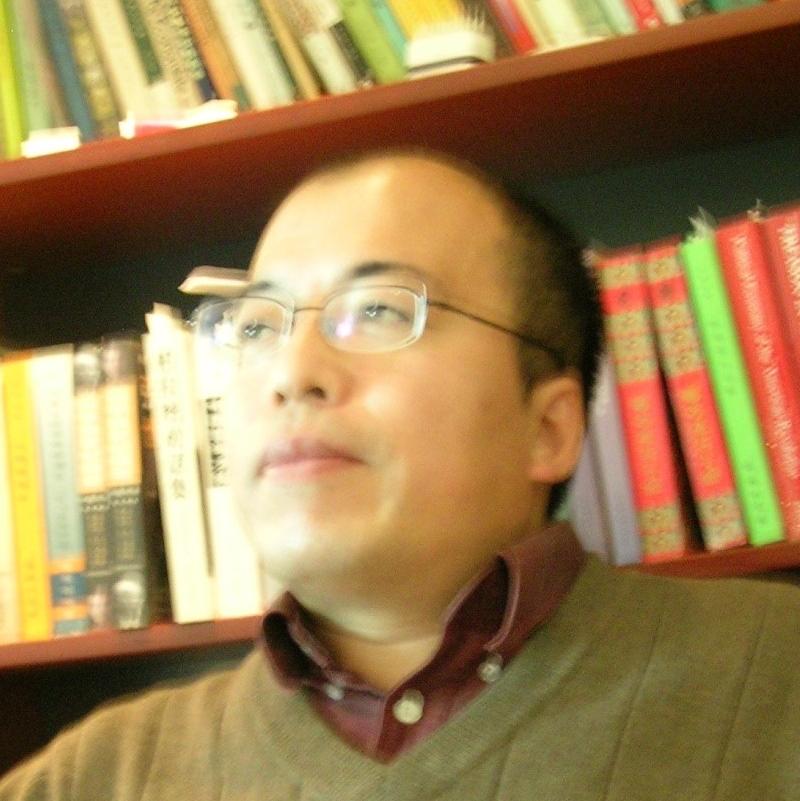Two Chinese events in the past week attracted close public attention. The first was the successful convocation of the Shanghai Summit of CICA, during which the New Asian Security Concept proposed by President Xi Jinping received extensive support. The other was the visit to China by Russian President Vladimir Putin and his signing of a large number of cooperation agreements with the Chinese side.
Amid an overwhelmingly positive reaction to the events, comments from US media stroke a discordant chord. They described the summit as a de-Westernization exercise, where China and Russia joined hands in ostracizing the US so as to ensure their domination in Asia. Such views and comments from the US media were somewhat off beat. A careful reading of President Xi’s speech and the declaration of the CICA summit will help one reach a much fairer conclusion that openness and inclusiveness were dominant features of the proposed new security concept. In particular, President Xi called on Asian countries, while strengthening cooperation among themselves, to stay firmly committed to working closely with countries from the world’s other continents as well as with other international organizations at regional and global levels. He invited all parties to play an active and constructive role in promoting a more secure and cooperative Asia so as to achieve win-win or all-win results. This is China’s consistent position and also the consensus reached by the CICA summit in Shanghai.
The response from the US media in question perhaps had something to do with two rather unpleasant developments in China-US relations, all caused by the US side. The first was the recent indictment by the US Department of Justice of five Chinese military officers on charges of cyberspace “hacking”. The other was the comment by the White House spokesperson describing a normal maritime drilling by Chinese enterprises as a “provocation” to risk undermining peaceful settlement of regional disputes.
Let us be more specific. With respect to the first question, the behavior of the US Department of Justice bringing a criminal case against serving Chinese military personnel is unprecedented, which is thoroughly untenable in terms of policy, law and even plain logic. Its only certain consequence is that China and the US have become a lot more divided on such issues as cyber-security and standards to measure it. While allowing cyber espionage in general, US policy nonetheless made stealing of economic secrets off limits. This is why we can see US government, under the banner of “upholding America’s national interests”, engage in well-organized, massive and unscrupulous stealing of information, eavesdropping and spying against government agencies, companies and individuals of foreign countries. Despite widespread international condemnations for its double standards or even multiple standards on cyber theft, the US has yet come up with a convincing explanation for what it had been accused of in revelations of Wikileaks and the Snowden affair. It is quite clear that such revelations have seriously annoyed China’s online and telecommunications market and made the sector so suspicious of US technology companies and averse to their products. The indictment can only make the situation even worse, which is counterproductive to the professed strategy of “returning to the Asia-Pacific” by the United States. In fact, as a major power with a big responsibility, the US should focus more on mankind’s common interests, working energetically to promote cooperation in Asia, seeking greater consensus while resolving differences, and doing a good job in controlling and managing the contending interests there. This, in the long run, may contribute more to its strategic interests.
With respect to the second question, the Xisha Islands have belonged to China since ancient times, and there is nothing controversial to that. It has been over 10 years since the Chinese enterprise started working in the relevant waters. The current work is just a regular extension of the past ones. It is well within the sovereignty, sovereign rights and jurisdictions of China for Chinese enterprises to operate in areas of the Xisha Islands. And their normal maritime operations should not be subject to Vietnam’s most unreasonable and even barbaric obstructions. What is more, violent riots erupted across Vietnam, targeting foreign investors and enterprises, including those from China’s mainland, Hong Kong and Taiwan, as well as from Singapore, ROK and other countries, with considerable losses of life and property on their part. The government of Viet Nam has obviously done a poor job in bringing the riots under control. But the US behaved so ridiculously as to heap all the blames on China. The undisguisedly bias of the US side cannot but embolden some East Asian countries to act even more unlawfully, thus instilling greater negative energy in the situations of South China Sea and Asia as a whole.
As is well known, China has always pursued the Five Principles of Peaceful Coexistence and worked hard to peacefully handle its disputes with relevant countries over sovereignty, territorial integrity and maritime rights and interests. China has settled its land boundary issue with 12 out of its 14 land neighbors. China has maintained a long-standing restraint on Taiwan, South China Sea islands and Diaoyu Islands, all issues bearing on China’s core national interests. But restraint must not be mistaken as a sign of weakness. China has the will and the capability to defend its legitimate rights and interests. In this diverse world of ours, countries should live side by side harmoniously though they may have different paths of development. A path of building an harmonious world that is both dynamic and compatible with the trend of times is bound to be found.
Oceans are vast because they never refuse to take in streams. China, in its own way, is merging into the global tide of development. I believe that the US can put its enormous power to good use by promoting peace and development in Asia, and that China and the US can work together to enhance mutual trust in building a new model of major-country relationship between them, thus making greater contributions to peace and development in Asia, North America and the world as a whole. It is indeed a worthy endeavor to benefit both countries. It is also a big boon for the world.
Wu Sike is a member on the Foreign Affairs Committee of the Chinese People’s Political Consultative Conference and member on the Foreign Policy Consulting Committee of the Ministry of Foreign Affairs.



